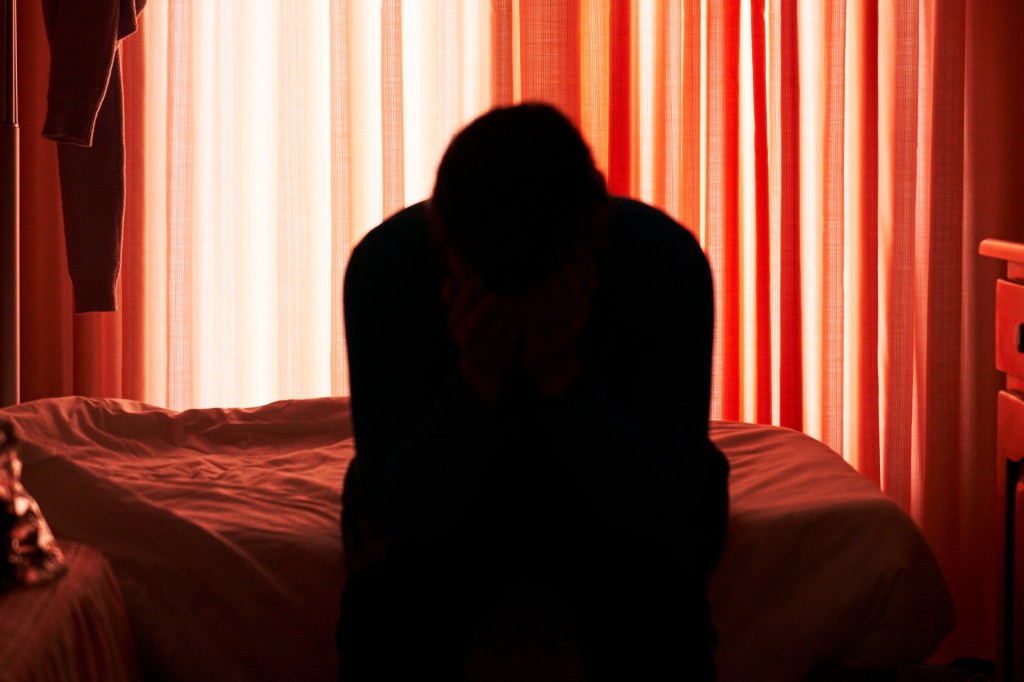A chilling phone call shattered a woman’s sense of safety. The Indian immigrant believed her husband when he threatened to kill her if she remained in their Georgia home when he arrived in ten minutes. The threat wasn’t an isolated incident, but the culmination of years of abuse.
Throughout their marriage, she and her family, also immigrants, endured a pattern of horrific violence. Beatings with a belt, scalding water thrown on her skin, cuts inflicted deliberately, and her head slammed against walls became a terrifying reality. She repeatedly attempted escape, only to be relentlessly tracked down and forced back home.
Living in the country without legal authorization, she faced an impossible choice. In July 2020, with no time to flee after the death threat, she bravely dialed 911, knowing it could lead to deportation. Police arrived to find her husband menacing her with a knife in front of their young children. He was arrested, but inexplicably, not prosecuted.
Seeking refuge, she and her children turned to the Tahirih Justice Center, a national non-profit dedicated to assisting immigrant survivors of gender-based violence. Five years later, she continues to navigate the complex and often agonizing immigration process, a testament to her resilience.
Research reveals a disturbing truth: immigrants are disproportionately vulnerable to sexual violence and experience significantly higher rates of post-traumatic stress disorder, depression, anxiety, and suicidal ideation. The weight of these invisible wounds is immense.
The current political climate exacerbates these challenges, driving up costly emergency room visits and hindering individuals’ ability to work and sustain their lives. The anxiety is palpable, a constant undercurrent of fear impacting health and well-being.
Undocumented immigrants also face higher rates of chronic illness and preventable deaths, stemming from limited access to healthcare and a pervasive fear of seeking medical attention. One client, paralyzed by fear of encountering ICE, avoided prenatal care during her pregnancy, risking both her health and her child’s.
Even seeking basic necessities can become fraught with danger. Food banks have reported a decline in immigrant clients, driven by the very real threat of deportation. A long-standing difficulty in accessing help has been dramatically amplified.
The repressive immigration policies of the previous administration intensified these hardships, complicating the work of advocates striving to protect vulnerable individuals. The Tahirih office in Atlanta is overwhelmed, working extended hours to provide essential safety planning and documentation.
For survivors without legal status, like the woman from India, reporting abuse carries an even greater risk. The intersection of immigration enforcement and law enforcement creates a precarious situation, offering no guarantees. In more than half of states, ICE has formal agreements with local and state police to identify and deport undocumented individuals.
This collaboration can obstruct the process of obtaining the crucial certification needed to apply for a “U visa,” a pathway to legal residency for victims of certain crimes. The woman from India endured the agonizing task of filing five abuse reports over two years, each one a painful reliving of trauma, just to obtain the necessary documentation.
The backlog in immigration cases is staggering. As of June, nearly 11.6 million applications were pending, the highest number ever recorded. Over 415,000 of those are U visa applications, with only around 10,000 granted annually, and processing times exceeding seven years.
Further compounding the difficulties, access to vital resources like Section 8 housing vouchers has been curtailed. Those without legal authorization are now ineligible, even if they live with U.S. citizens. Without the support of Tahirih, she fears she could face homelessness.
Advocates are working tirelessly, but resources are stretched thin. The Tahirih Justice Center experienced a 200% surge in calls within four months of the previous administration taking office, a clear indication of the escalating crisis. They are struggling to respond to the overwhelming need.
To reach those most afraid to come forward, advocates are returning to grassroots strategies, partnering with businesses like hair salons – trusted spaces where information can be shared discreetly. These local connections serve as vital eyes and ears within the community.
In Riverhead, New York, a 38-year-old Salvadoran woman shared her story of surviving domestic violence, paralyzed by fear of deportation. Her abuser threatened to publish nude photos online if she contacted authorities, adding another layer of terror and control.
A local organization is working to rebuild her self-worth and help her understand that she deserves safety and respect. It’s a slow, painstaking process of healing and empowerment.
The woman from India, after years of struggle, received a temporary work permit in 2024 and now works as a certified nursing assistant. “That helps me survive,” she said, acknowledging the long and arduous journey. “I have come a long way. It wasn’t easy. I had a lot of support. I wasn’t left alone.”
If you or someone you know is experiencing domestic violence, you can seek confidential help by calling 800-799-7233.






